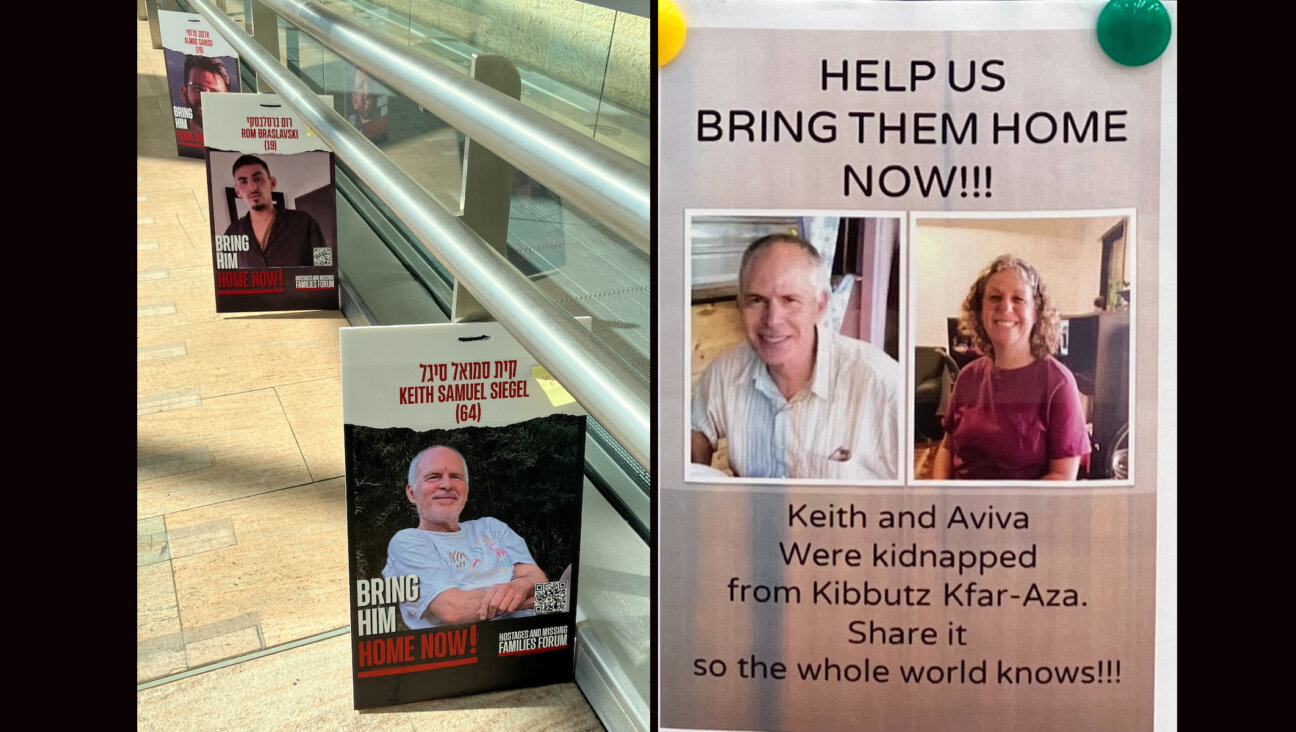Benjamin Netanyahu Pleads for Mossad ‘Quiet’ Amid Israeli Prisoner X Scandal

Image by haaretz
Prime Minister Benjamin Netanyahu appealed on Sunday for the public spotlight on Israel’s Mossad spy agency to be turned off after news of the jailhouse suicide of a reported Australian recruit.
The affair was kept under wraps for two years until it emerged last week with an Australian television expose that identified the dead man as 34-year-old Ben Zygier, a possible Mossad operative detained on suspicion of security offences.
Using court gag orders, military censorship and direct requests of news editors, the Netanyahu government has tamped down reporting on the case in Israel.
That has done little to douse demands at home and in Canberra for the Israelis to come clean about the circumstances of Zygier’s imprisonment and how he was able to kill himself in highly supervised isolation cell.
Without citing any specific case, Netanyahu told his cabinet he “absolutely trusts” Israel’s security services and what he described as the independent legal monitoring system under which they operated.
“We are an exemplary democracy…but we are also more threatened, more challenged, and therefore we have to ensure the proper operation of our security branches,” he said in remarks aired by Israeli broadcasters.
“Therefore I ask over everyone: Let the security services continue working quietly so that we can continue to live in safety and tranquility in the State of Israel.”
The few Israeli officials who spoke about the case have not denied it centred on Zygier nor that he was linked to Mossad, which in early 2010 was accused by Dubai of using Australian passport-holders to assassinate a Palestinian arms procurer in the Gulf emirate.
That has prompted media speculation that Israel suspected the Melbourne-born Jew of betraying Mossad missions, perhaps to Australia’s security services, as they probed passport fraud.
Civil liberties groups and some Israeli lawmakers have also demanded to know whether Zygier’s rights were violated by his months of incarceration under alias.
Avigdor Feldman, an Israeli lawyer with whom Zygier consulted in Ayalon prison, said last week that meeting was arranged by a “Mossad liaison” and that his client had denied “grave charges” for which he awaited trial.
Feldman also said that Zygier’s family, which has declined all comment on the affair, knew about his detention.
Two senior members of Netanyahu’s cabinet, Intelligence Minister Dan Meridor and Strategic Affairs Minister Moshe Yaalon, offered reassurance in Israeli media interviews on Saturday that the case was rare, lawful and necessary.
“This took place because of extreme, most extraordinary circumstances, in order to protect very important interests,” Meridor told Channel 10 television.
The incarceration was approved by several Israeli courts.
Publishing the prisoner’s identity would have risked “serious harm to security”, Meridor said without elaborating.
While also reticent about what led to Zygier’s arrest, Yaalon told Channel Two television: “There are extreme situations…to do with our security and even the need to preserve human life, when we need to take an extreme step such as this.”
Tzachi Hanegbi, a lawmaker from Netanyahu’s conservative Likud party who chaired parliament’s Foreign Affairs and Defence Committee and intelligence subcommittee when Zygier was arrested in early 2010, said he was not informed of the case at the time.
“This requires explanation,” Hanegbi said. “Usually, every significant subject, whether it is impressive achievements or embarrasing failures, is laid out before the subcommittee.”
But asked about Hanegbi’s remarks, former Mossad director Danny Yatom told Reuters the agency was under no legal obligation to brief oversight lawmakers in such circumstances.
A message from our Publisher & CEO Rachel Fishman Feddersen

I hope you appreciated this article. Before you go, I’d like to ask you to please support the Forward’s award-winning, nonprofit journalism so that we can be prepared for whatever news 2025 brings.
At a time when other newsrooms are closing or cutting back, the Forward has removed its paywall and invested additional resources to report on the ground from Israel and around the U.S. on the impact of the war, rising antisemitism and polarized discourse.
Readers like you make it all possible. Support our work by becoming a Forward Member and connect with our journalism and your community.
— Rachel Fishman Feddersen, Publisher and CEO




















